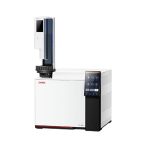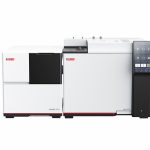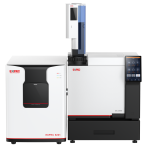The average altitude of Shigatse, Tibet, is more than 4,000 meters. Due to the cold, arid, hypoxic climate of the Tibetan Plateau, and the fact that more than 90% of the land is in the alpine zone, the ecosystem here is fragile, sensitive, unstable, and volatile.

To better protect the ecological environment of Tibet, Tibet Jinghuan Technology Co., Ltd. introduced EXPEC Technology SUPEC 7000 ICP-MS to further improve the detection capabilities of soil heavy metal pollutants! EXPEC Technology's ICP-MS has the advantages of high sensitivity, low detection limit, and wide dynamic range. It can accurately measure the content of multiple heavy metal elements in soil in a short time, which helps to understand the actual situation of soil pollution in Tibet. It can also provide a scientific basis for future prevention and control work.
Tibet has high altitude, low partial pressure, remote area and harsh natural conditions. The plateau environment is characterized by significant drops in atmospheric pressure, drastic temperature changes, strong solar radiation, and frequent thunderstorms, which can cause various problems such as low-voltage discharge, reduced cooling effect, sealing failure, and condensation generation for electrical equipment. High-precision equipment such as ICP-MS is more sensitive to the environment and faces more significant problems.
To ensure the stable operation of the instrument in extreme plateau environments, SUPEC 7000 ICP-MS has been designed with targeted safety margins in terms of electrical clearance, heat dissipation capacity, pressure differential deformation, etc.
EXPEC arranges professional engineers to come to the site for debugging, and independently develop and optimize the instrument method parameters to ensure performance status. After completing the debugging, comprehensive theoretical and practical training was carried out for users to help technicians master ICP-MS operating skills and improve their business level.
Congratulations to EXPEC for realizing installation and application in extreme plateau environments. Based on the successful development of vehicle-mounted, online monitoring, and automated ICP-MS, the application scenarios have been further expanded.





